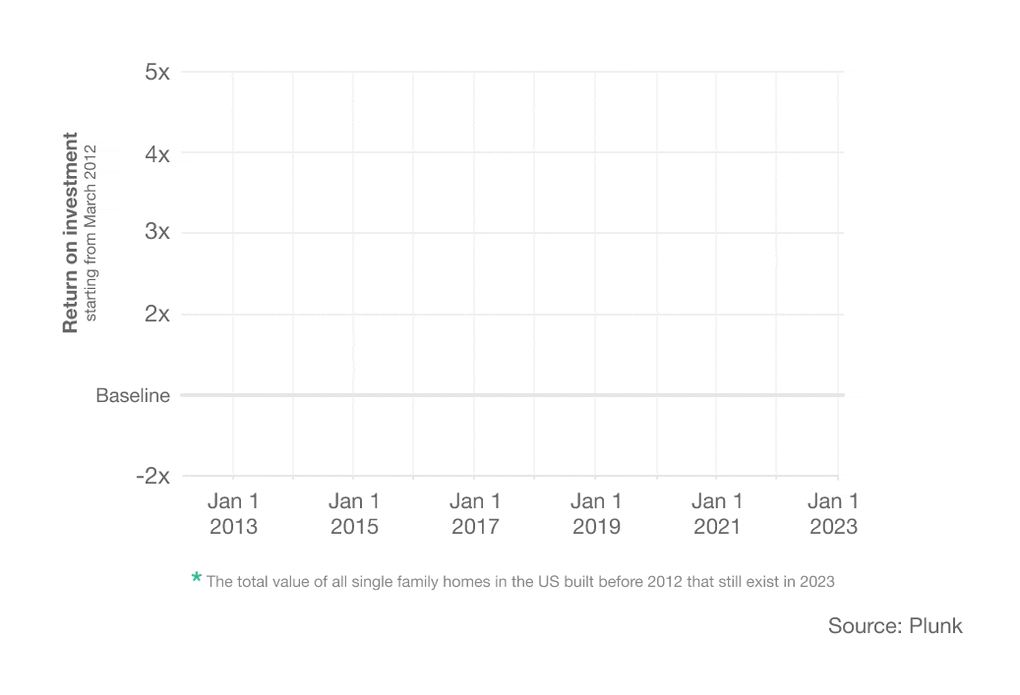The big buy: Exploring factors impacting today’s luxury real estate

What is the romance involving the one-spouse and children true estate marketplace and fairness marketplaces? The place are they correlated and wherever do they diverge? Are there insights that we can glean to assistance information expense choices? Let us analyze and evaluate the interrelationships amongst the residential true estate and fairness marketplaces.

Even though hunting at the massive picture is typically a fantastic put to start out, drilling down to distinct marketplace segments presents us a superior prospect to glean very clear insights and examination hypotheses. Previous thirty day period, we seemed at the romantic relationship between mixture solitary-family authentic estate valuation and the major equity indexes around the earlier 10 yrs, and pointed out the affect of the rise in inflation and desire rates, plus speculated on some explanations of the continued strength in true estate values when compared to the fairness markets.
A closer look at the luxurious market desire
This piece focuses exclusively on the luxurious genuine estate current market to look at envisioned effects of latest financial traits on residence demand by wealthy potential buyers. To do this, an index centered on the valuation of qualities in the 50 most high priced zip codes in the U.S. has been included to the visualization.
There are probable a number of consequences at operate in the luxurious marketplace, probably pushing value stages in reverse instructions. Aspects that could be supporting demand in luxury markets relative to the center and decreased tiers of the marketplace contain:
Curiosity premiums: The luxurious authentic estate marketplace is fewer impacted by improves in desire premiums mainly because prospective buyers of multi-million-greenback properties are considerably less most likely to make use of a common mortgage to finance their obtain — being a lot more very likely to either pay back funds or leverage a margin account.
Inflation: Due to their greater prosperity and profits stages, customers in luxurious marketplaces can absorb rate improves with no significantly influencing their use behavior.
Hedging conduct: As talked about past thirty day period, the ongoing power in the true estate current market could be owing, in part, to the movement of money into actual property as a hedge from inflation. This could be particularly genuine for the rich, on the lookout to protect their gains about the past handful of decades versus inflation and slipping fairness prices.
Substantial-stop homes aren’t immune
On the other hand, there are variables that could erode desire for higher-conclude properties:
Declining equity values: Just as the wealthy benefited disproportionately from the operate-up in equity values in the previous few years, they are also using the brunt of the recent losses. The Wall Street Journal reporter Justin Lahart has coined the term “richcession” to describe how this time close to, the rich could be far more greatly impacted by a economic downturn.
Tech layoffs: The recent wave of layoffs by significant technological innovation firms are impacting workforce across the revenue spectrum. Not remarkably, these corporations and their personnel are concentrated in some of the zip codes that fall into the best 50 utilized in this examination as effectively.
Analyzing the visualization previously mentioned, luxurious markets outpaced the total one-relatives market, while adhering to a equivalent sample not long ago. The percentage decline in benefit because the peak in July 2022 is only slightly bigger for the luxurious zip codes than for the total single-loved ones marketplace, indicating there is not a disproportionate fall in demand from customers in the luxurious current market. Irrespective of whether or not this carries on to maintain is dependent on exactly where the fairness markets and the economy over-all proceeds.
Vince O’Neill is the Chief Economist of Plunk.








